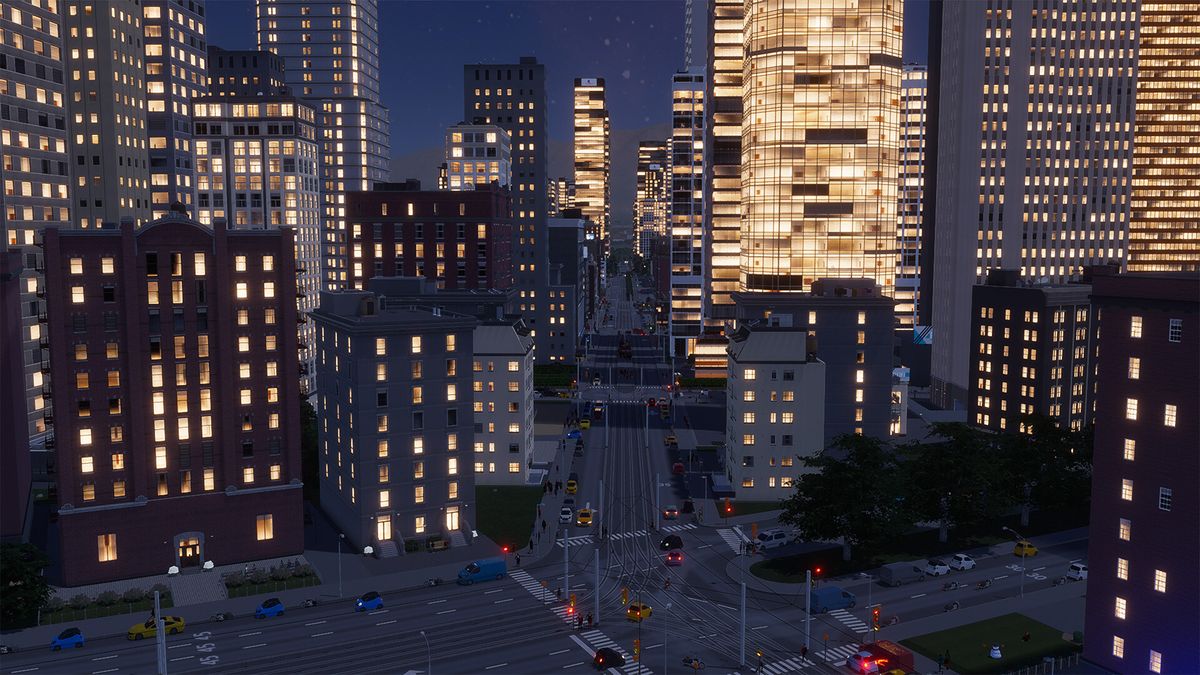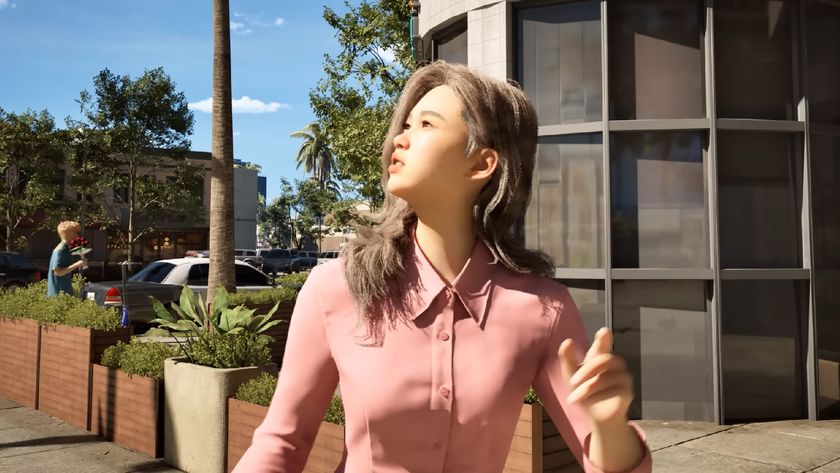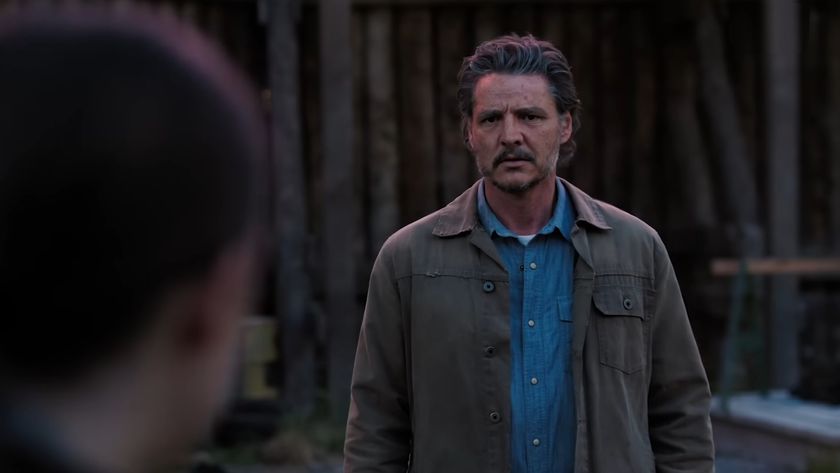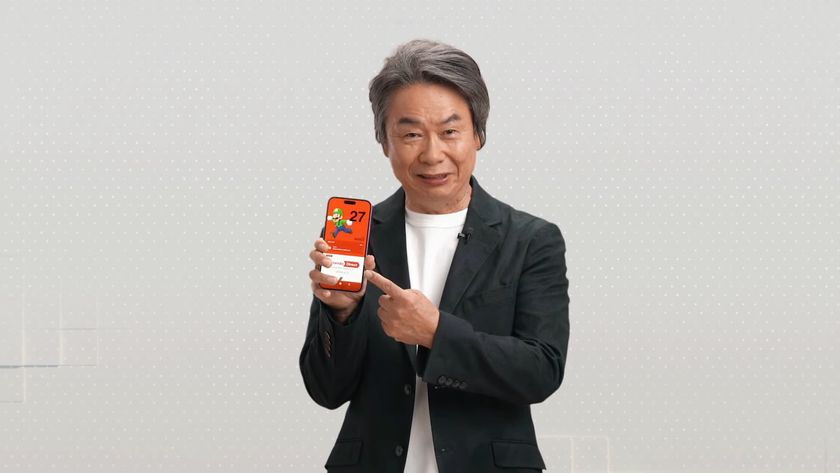Cities: Skylines 2 is so realistic it simulates layoffs and homelessness
Cities: Skylines 2 is starting to look like the complex simulation city builder fans have been waiting a decade for

The Cities: Skylines 2 devs have offered some insight into how the game's economy works, simulating economics all the way down to layoffs and homelessness.
"We wanted to create a deep and complex system without it being too complicated for you to manage," Colossal Order explains in a new dev diary, "allowing you to spend more time building the city rather than worrying about every minute detail at every possible turn." While we'll have to wait for the game's launch to see how manageable it all really is, the diary certainly makes the simulation itself seem pretty deep.
Citizens will have an array of preferences for where they want to live, with large families preferring larger homes and workers preferring places near to their employers, for example. Household resources are simulated, so people will realistically go grocery shopping when they run out of food.
If a household runs out of money, that family will start to look for cheaper housing, and if they can't find cheaper housing, they'll try to move to a different city. The devs explain that "if the household is very poor and unable to find a new apartment and lacks funds to leave the city, they become homeless. In this case, they can live in the city parks until their living situation changes."
While unhoused people are an essential consideration in actual city management, city-building games have historically shied away from simulating them to any real degree - the 2013 SimCity's bizarre attempt aside. Cities: Skylines 2's rendition of homelessness appears to be tied to a great number of economic factors, which should at least mean that the simulation will offer a variety of ways to tackle the problem.
The fates of individuals in Cities: Skylines 2 (as in life) are tied up with the fates of businesses, so these factors scale up to a macro level, too. Businesses have to maintain their profit margins over the products and services they sell. "If the demand for the product decreases," the devs explain, "they scale the production down and let go of some of the workers in order to still stay profitable."
The entire dev diary goes way deeper on many aspects of the economic simulation, including how you can slap the invisible hand around a little bit by selective taxation. One of the principal critiques of the original Cities: Skylines is that its simulation didn't offer much management depth, but it looks like the sequel is addressing that issue head-on.
Sign up to the 12DOVE Newsletter
Weekly digests, tales from the communities you love, and more
If you want your city to go even worse, just consider removing highway speed limits.

Dustin Bailey joined the GamesRadar team as a Staff Writer in May 2022, and is currently based in Missouri. He's been covering games (with occasional dalliances in the worlds of anime and pro wrestling) since 2015, first as a freelancer, then as a news writer at PCGamesN for nearly five years. His love for games was sparked somewhere between Metal Gear Solid 2 and Knights of the Old Republic, and these days you can usually find him splitting his entertainment time between retro gaming, the latest big action-adventure title, or a long haul in American Truck Simulator.

As Krafton irons out the InZoi bugs, devs "recommend avoiding repeated remarriage and, if necessary, proceeding only when there are no children involved"

Witchbrook's gameplay finally showed off the magical Stardew Valley-like life sim that's been 8 years in the making, and it was worth the wait








